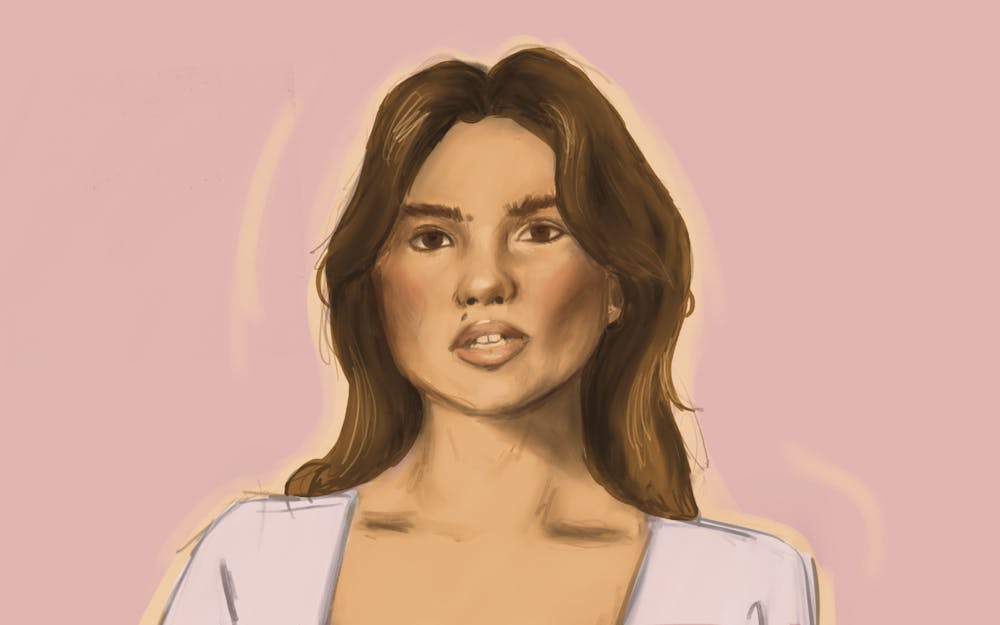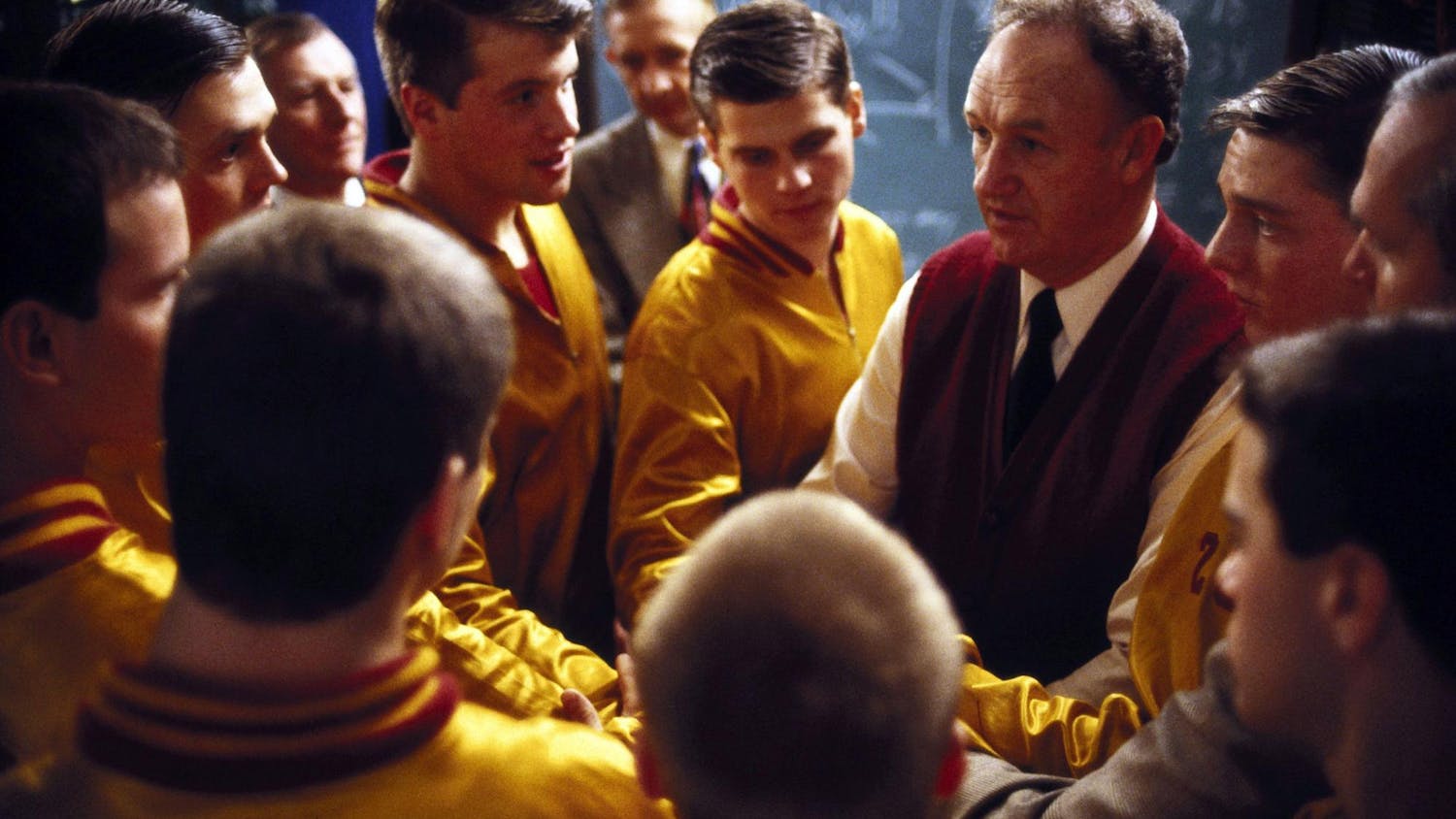The return of the 70’s bouncy blowouts, the obsession with curtain bangs, the popularizing of oversized button up shirts, all because of one woman: Matilda Djerf.
Djerf is, or should I say was, the it girl.
The girl whose perfect hair doesn’t look too stiff, but holds its shape. The girl whose teeth are so white they could blind you. The girl whose outfit looks seamlessly and effortlessly cool.
Everything she touched turned to gold. Her fingertips exerted magic when she typed about her new favorite product on a post. Taylor Swift sells out stadiums, and Matilda Djerf sells out stores.
If you were a brand, you wanted to work with her. If you were a girl, you wanted to be her. And if you were her, there’s nothing more you could ask for.
At least, not up until a couple of months ago.
Djerf fell from her pedestal when her team reported hundreds of creators on TikTok who showed and endorsed Djerf Avenue “dupes.”
After years of growing her social media platforms and successfully becoming the it girl, she launched her own company, Djerf Avenue. The brand is not affordable for many people who aspire to dress like her, which is why dupes, or more affordable duplicates, became very popular. If you can’t afford it, there must be a cheaper version.
When her team reported these creators for copyright infringement, all hell broke loose. All of a sudden the effortlessly cool Matilda Djerf was no longer cool, or even good.
[Related: COLUMN: Hollywood hates women]
Djerf faced so much backlash she deactivated her TikTok account.
People on TikTok took offense to Djerf’s actions because they felt she was targeting smaller creators.
But, should she care?
I don't think so.
After reporting these videos, Djerf has given her fans radio silence about the matter. Although her lawyers posted a statement on the Djerf Avenue Instagram account, Djerf herself hasn’t. Her lawyers affirmed they will continue to flag content they believe constitutes as copyright infringement.
She has continued to post on Instagram, and although she re-activated her TikTok account, she has not posted anything since September.
Ultimately, Djerf didn’t deserve this backlash.
Djerf has no reason to accept dupes of her collections. She owns the prints, the company and the clothes, she has earned the right to report those videos and to even sue the brands that make the dupes.
She can do as she pleases and the only thing the internet can do about it is hate her.
In the blink of an eye, Matilda Djerf was no longer nice or sweet or cool, she was evil. And evil for what, you might ask? For claiming what's hers.
Society tells us founders and CEOs of multimillion dollar companies who just happen to be women can afford only to be complacent. Sit still and look pretty is what the internet expects of Djerf.
Many articles about this incident have said we don’t give women room to fail, and while I agree, I don’t think Djerf failed in this instance. Djerf’s team did exactly what is legally right, but leave it to the internet to make her a vicious villain. This is not about her making a mistake, it's about the internet wanting her to be quiet.
[Related: COLUMN: Analyzing the “It Girl” effect]
Djerf’s downfall is nothing more than another example of a woman in business who people build up, just to watch her fall harder.
She deserves better. We all deserve better.
Maria Amanda Irias (she/her) is a Junior studying Journalism and Psychology.






